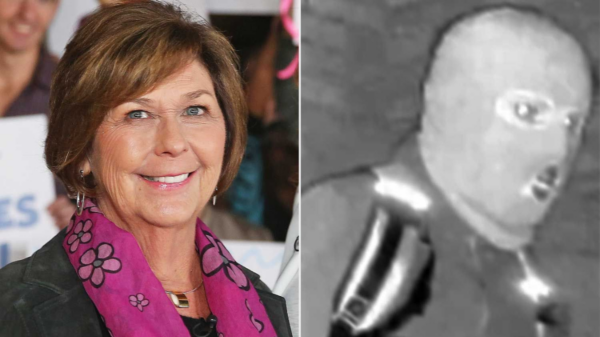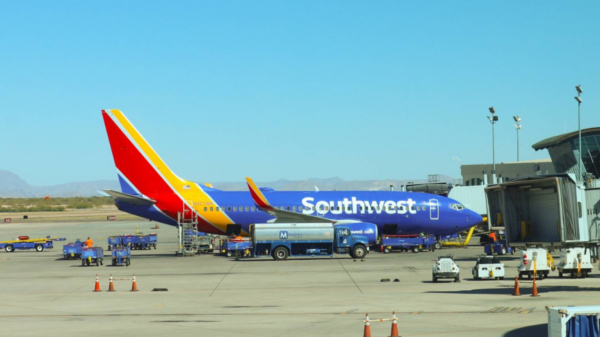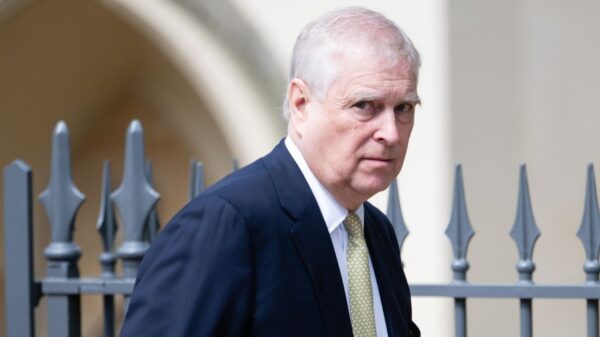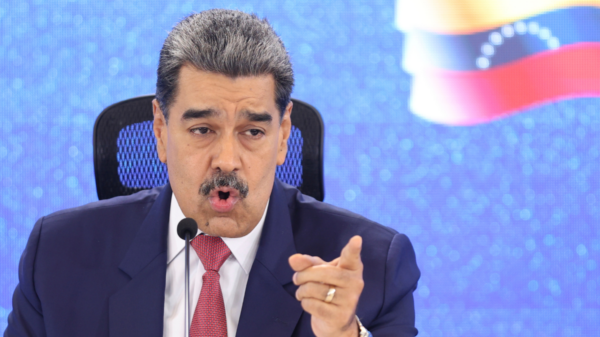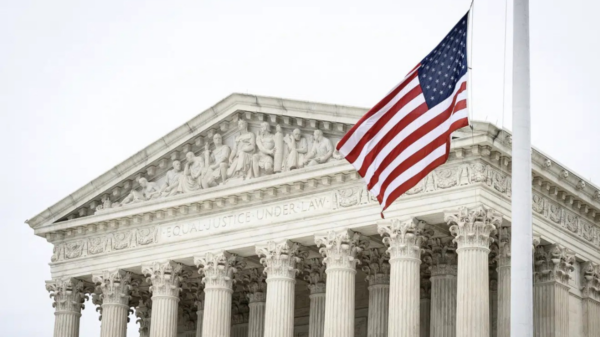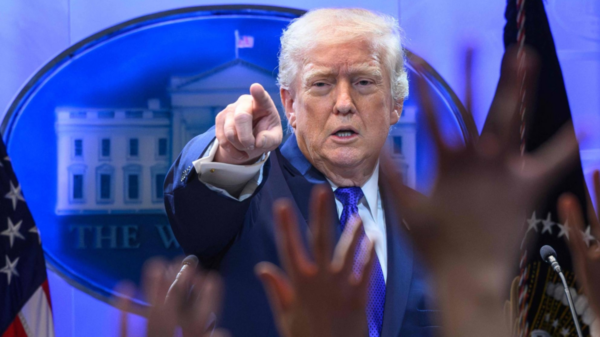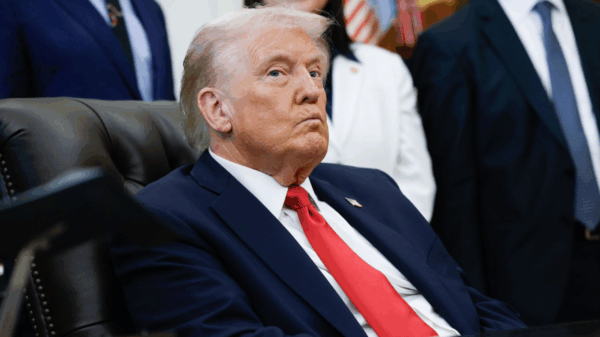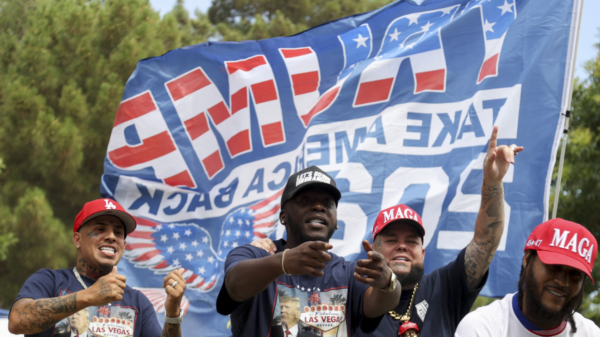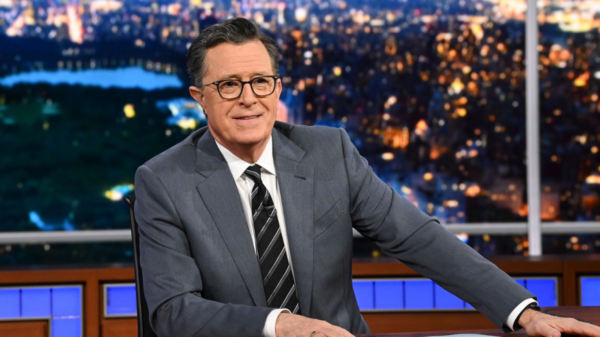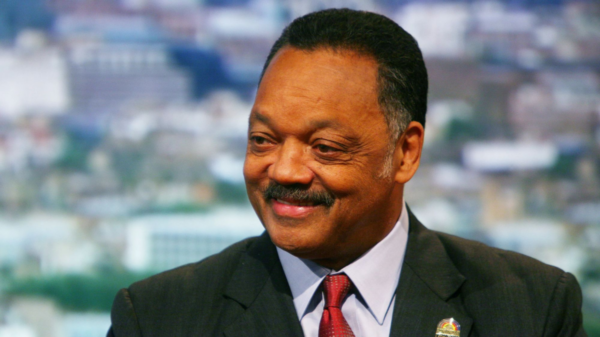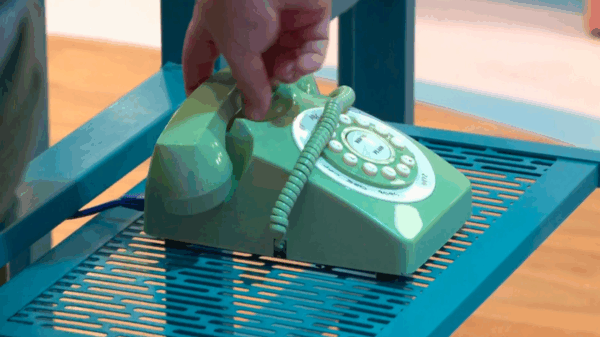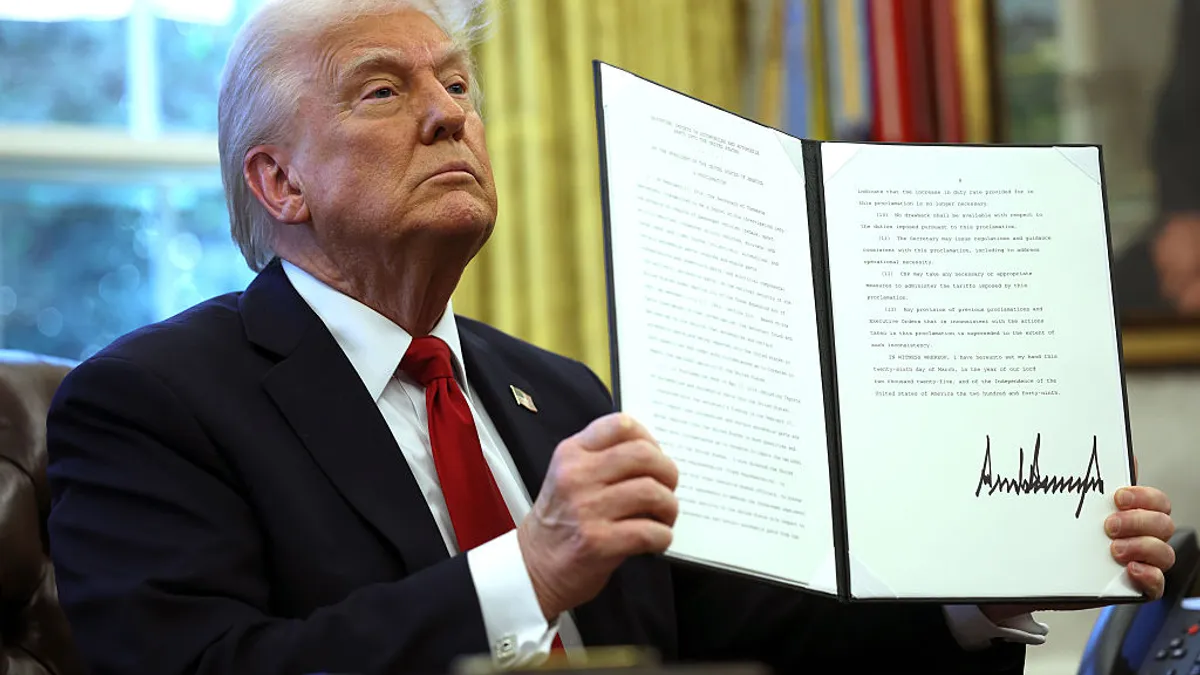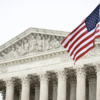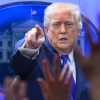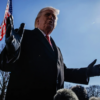WASHINGTON — President Donald Trump announced Wednesday a set of sweeping tariffs on foreign-made cars and auto parts that will go into place next week as part of Trump’s so-called “Liberation Day”.
As of this writing, many details are unclear about the tariffs, which foreign governments criticized. Trump’s comments were attempted to be cleaned by the White House with a fact sheet posted on the White House website.
Trump initially said he was imposing a 25% tariff on all cars coming into the United States.
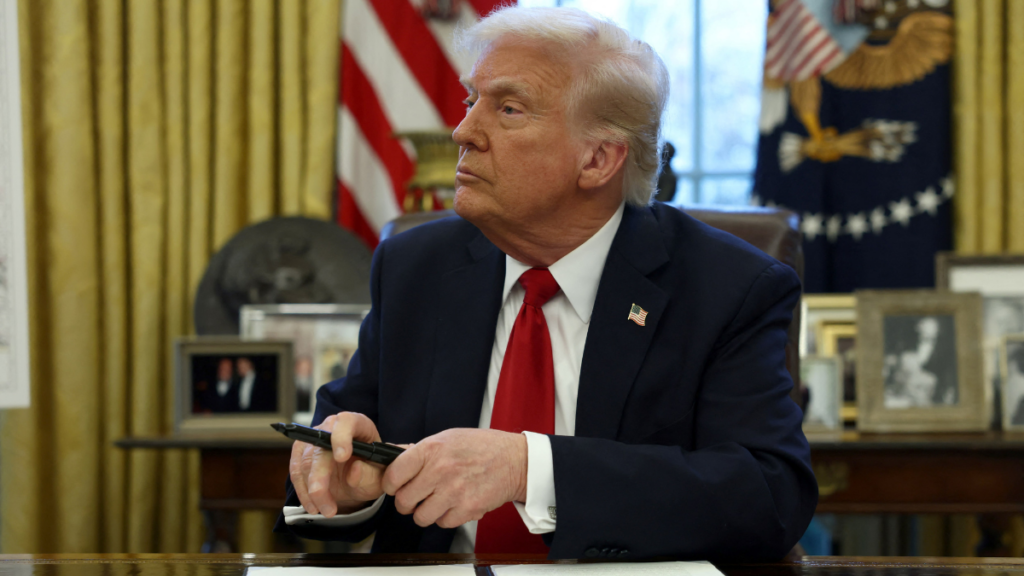
“Frankly, friend has been oftentimes much worse than foe. And what we’re going to be doing is a 25% tariff on all cars that are not made in the United States,” Trump told reporters on Wednesday in the Oval Office. “If they’re made in the United States, it’s absolutely no tariff.”
Then White House later clarified that foreign car parts — including engines and transmissions — would also be taxed at the 25% rate.
Following the announcement, Stellantis, Ford and General Motors all saw their stocks fall. Shares in General Motors (GM) plunged more than 7% after-hours, while Ford (F) and Stellantis (STLA), which produces Jeep, Ram, Chrysler and Dodge cars, both fell by more than 4%.
Japanese Prime Minister Shigeru Ishiba told lawmakers that “all options” against the tariffs would be on the table. Meanwhile, Canadian Prime Minister Mark Carney said the tariffs were a “direct attack” in violation of the USMCA, and that Ottawa will respond.
“We will defend our workers,” he said. “We will defend our companies, we’ll defend our country, and we’ll defend it together.”
European Commission President Ursula von der Leyen condemned the tariffs in a statement on Thursday morning.
“We will now assess this announcement, together with other measures the US is envisaging in the next days,” she said in a statement.
Car companies will likely pass along added costs from tariffs to consumers.


